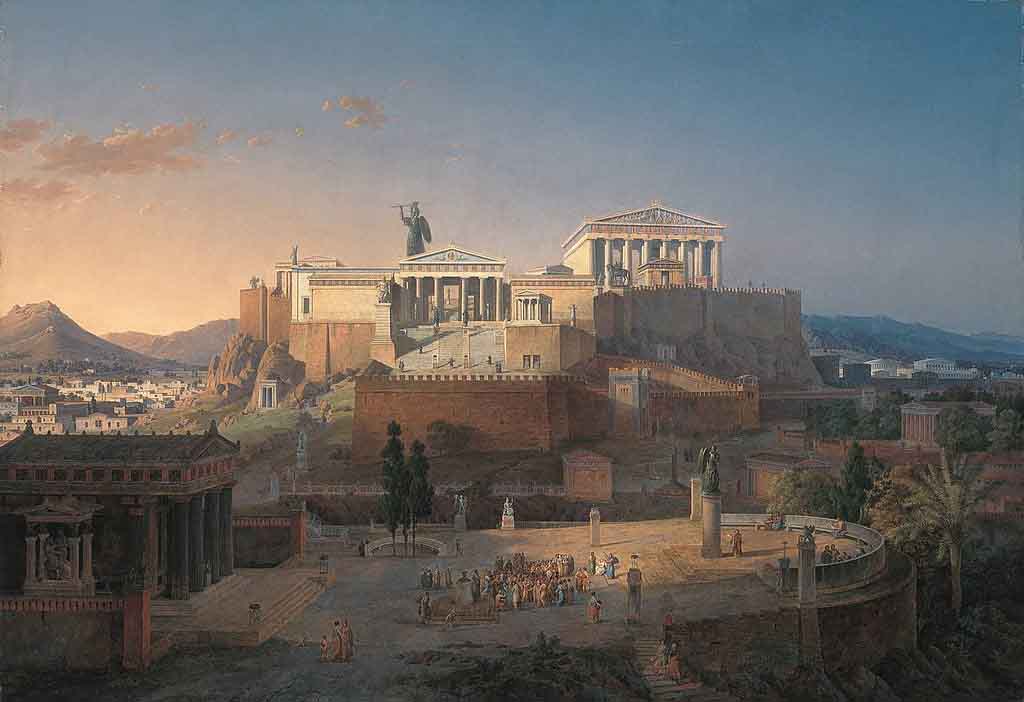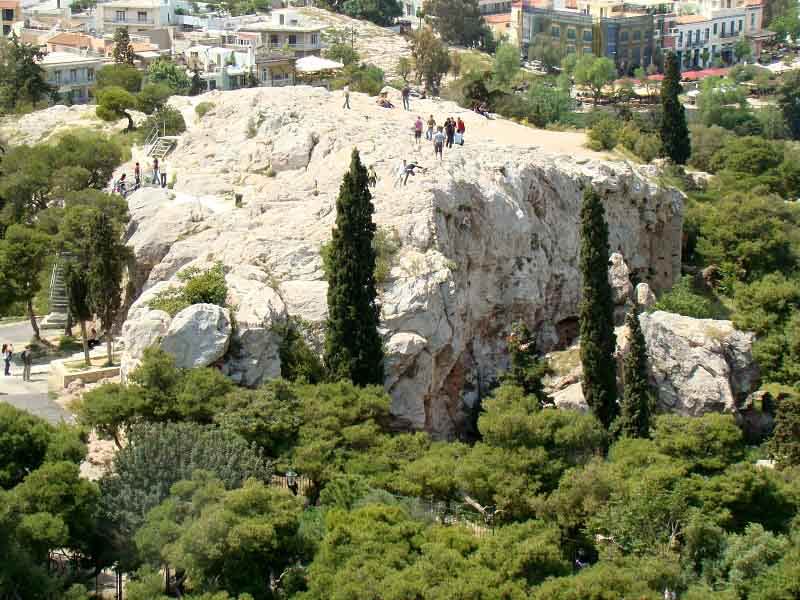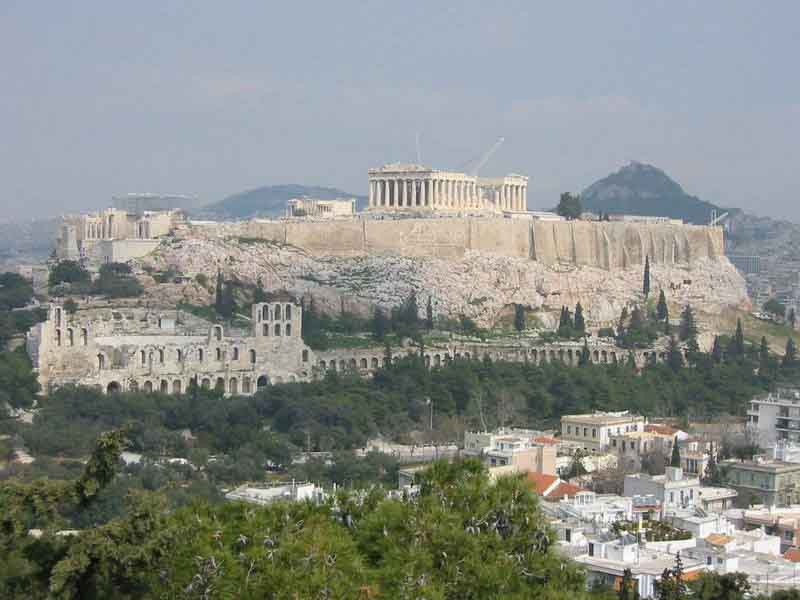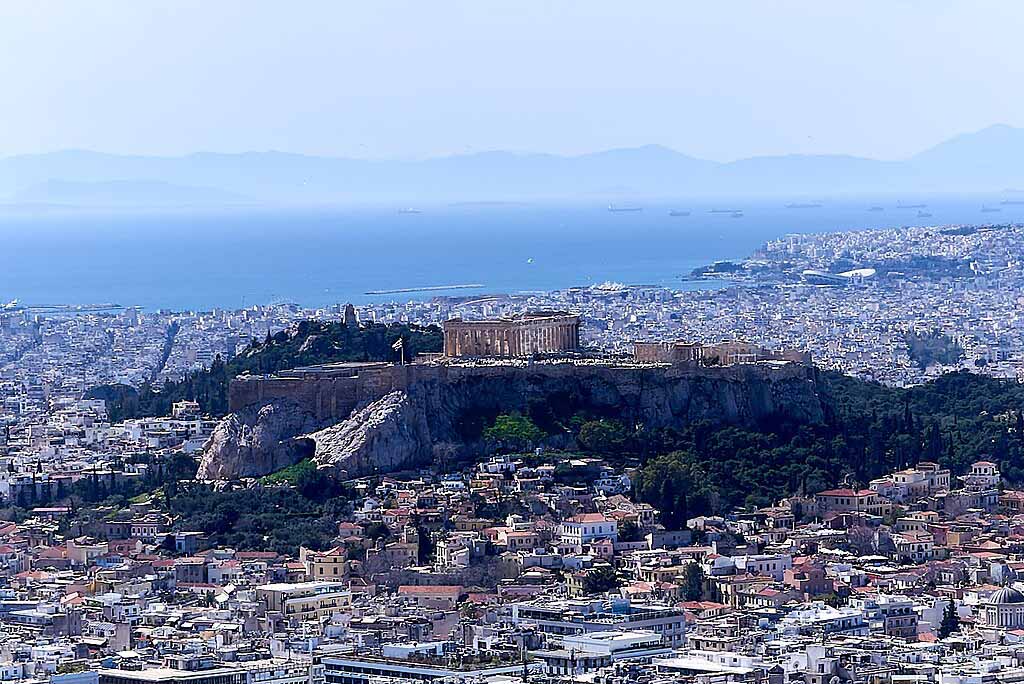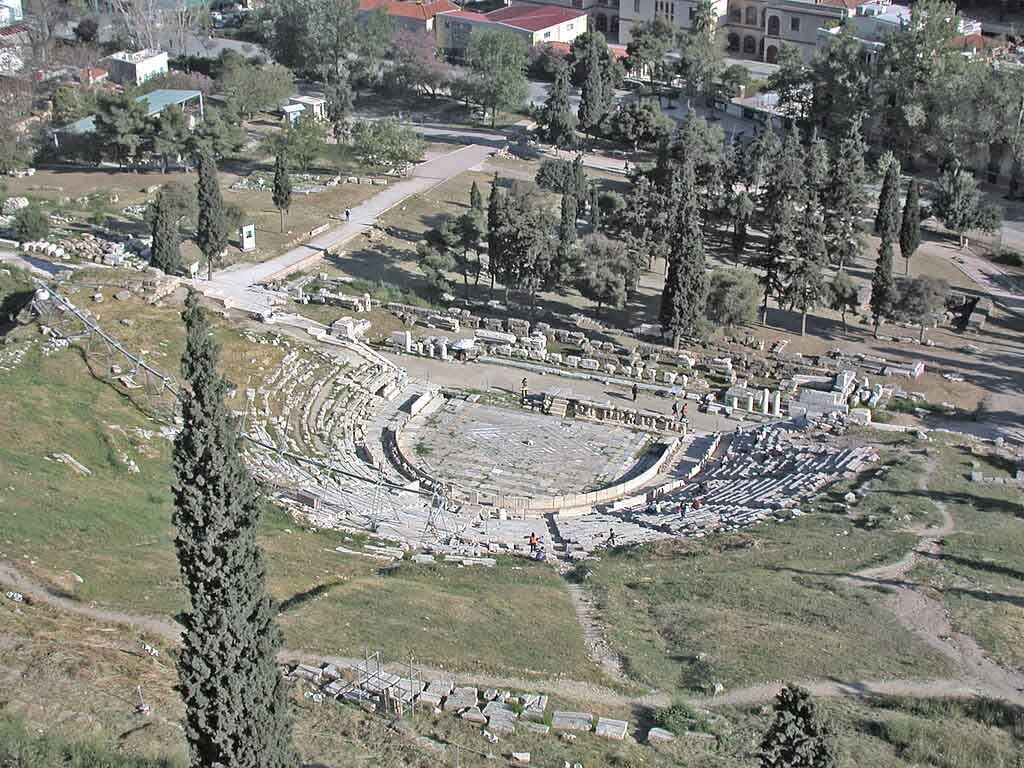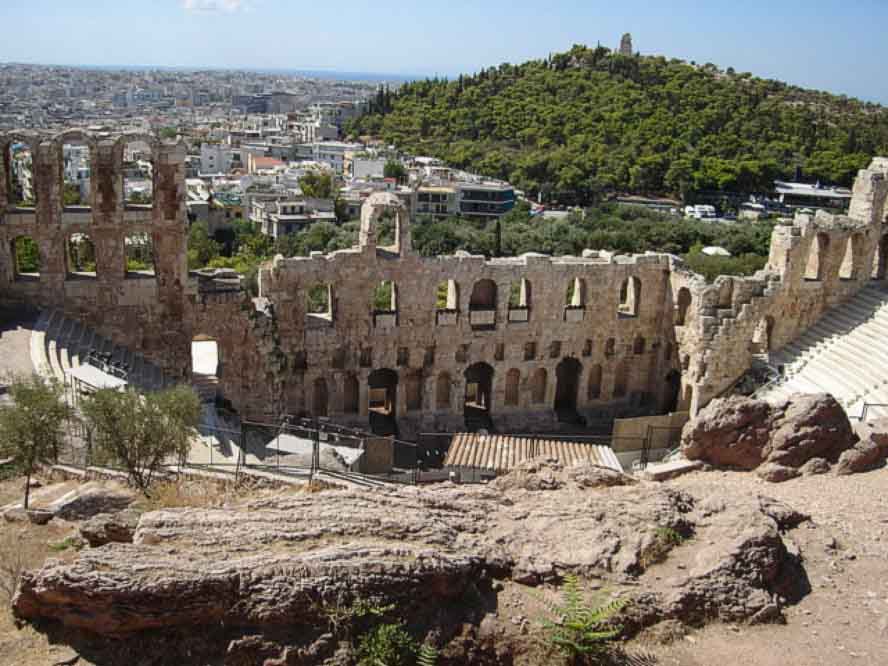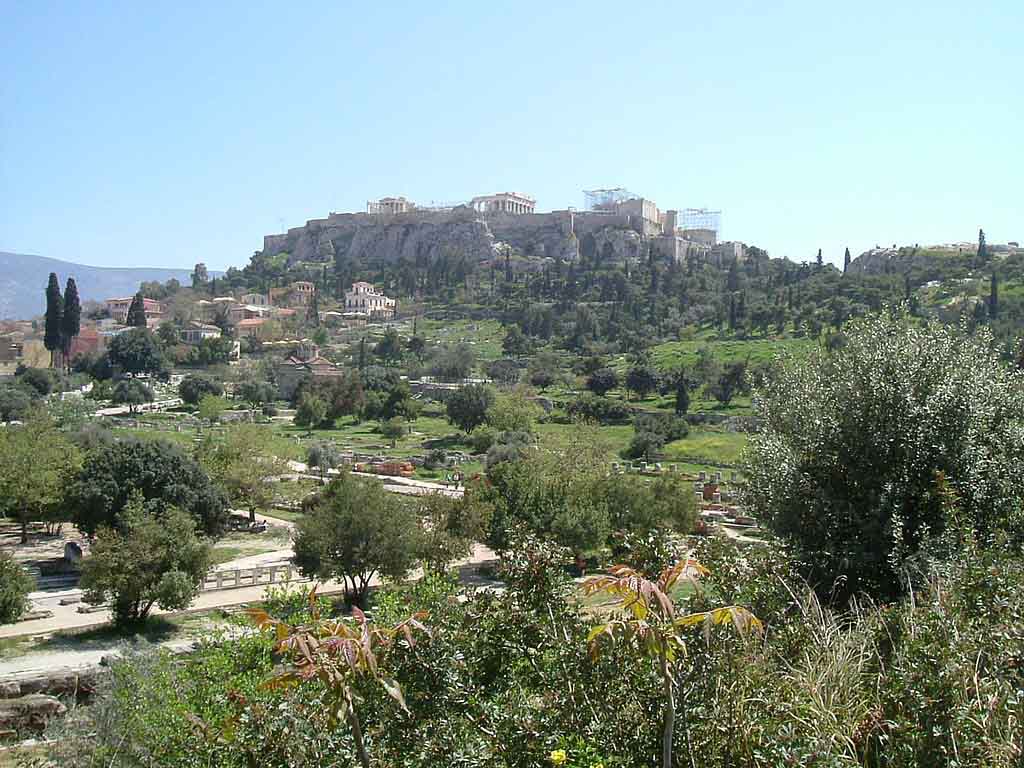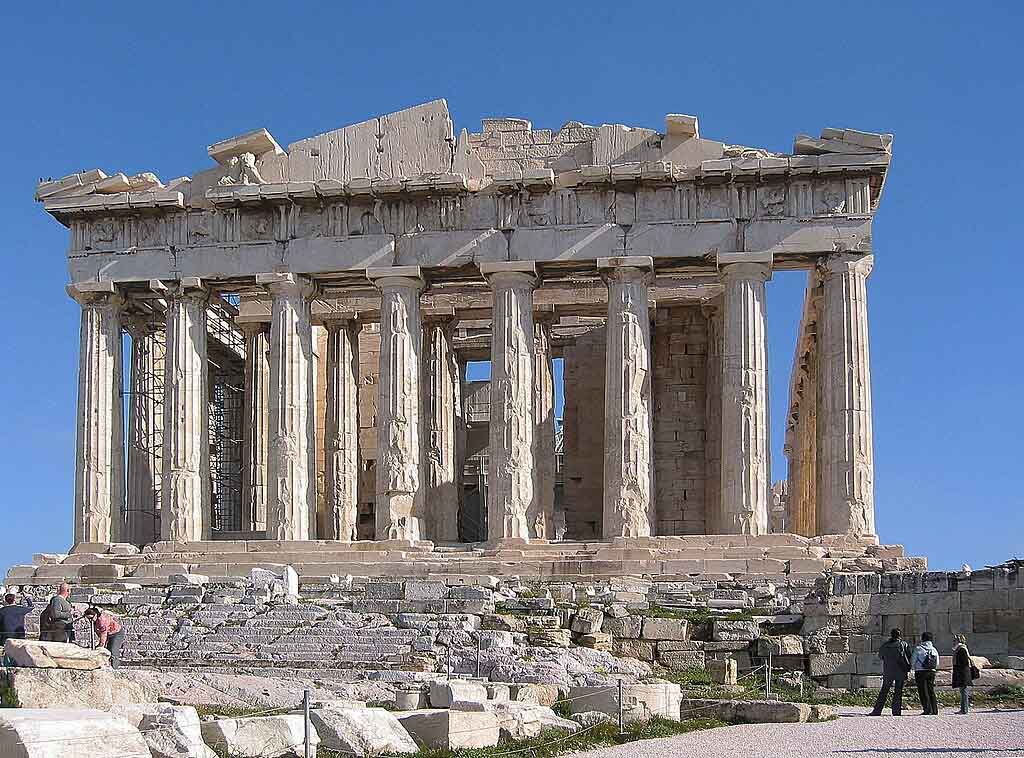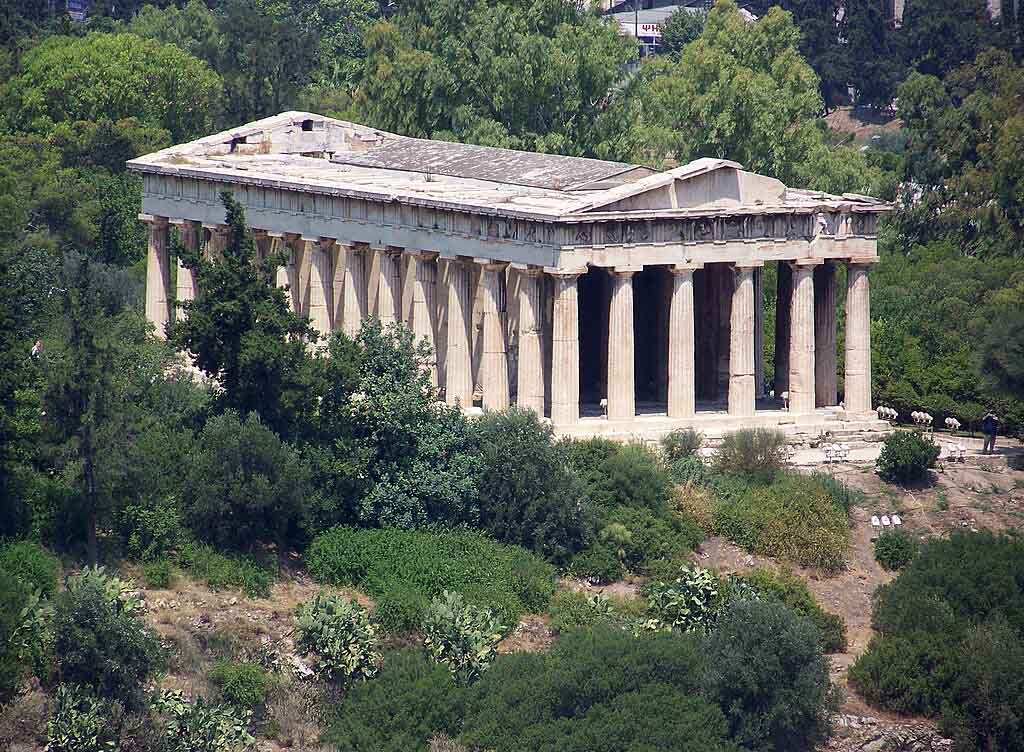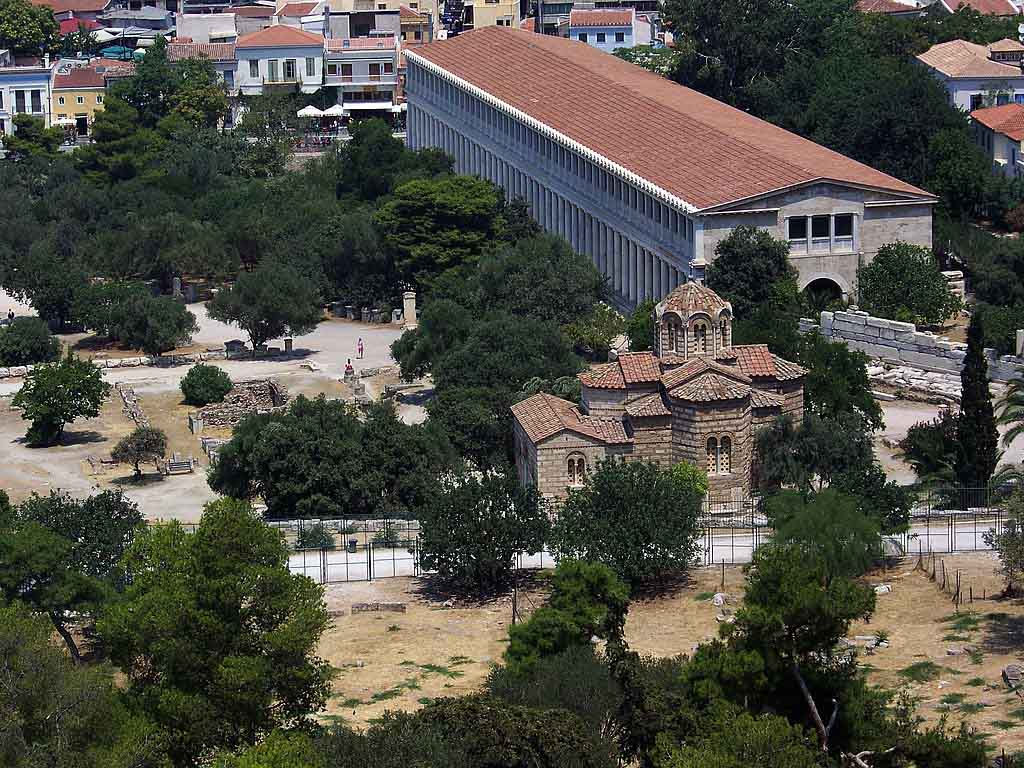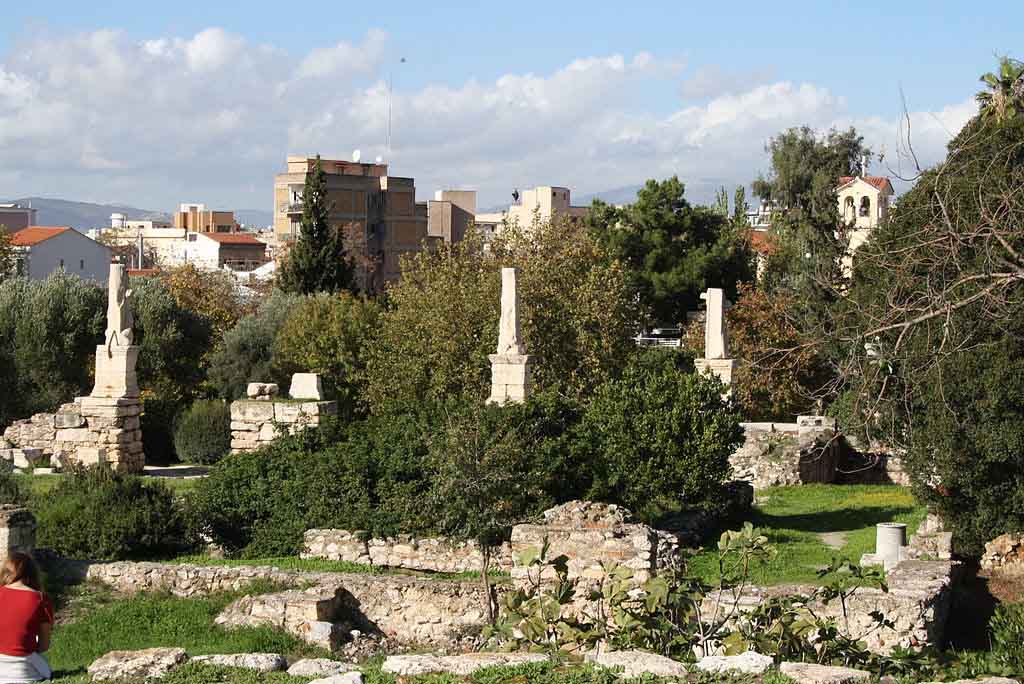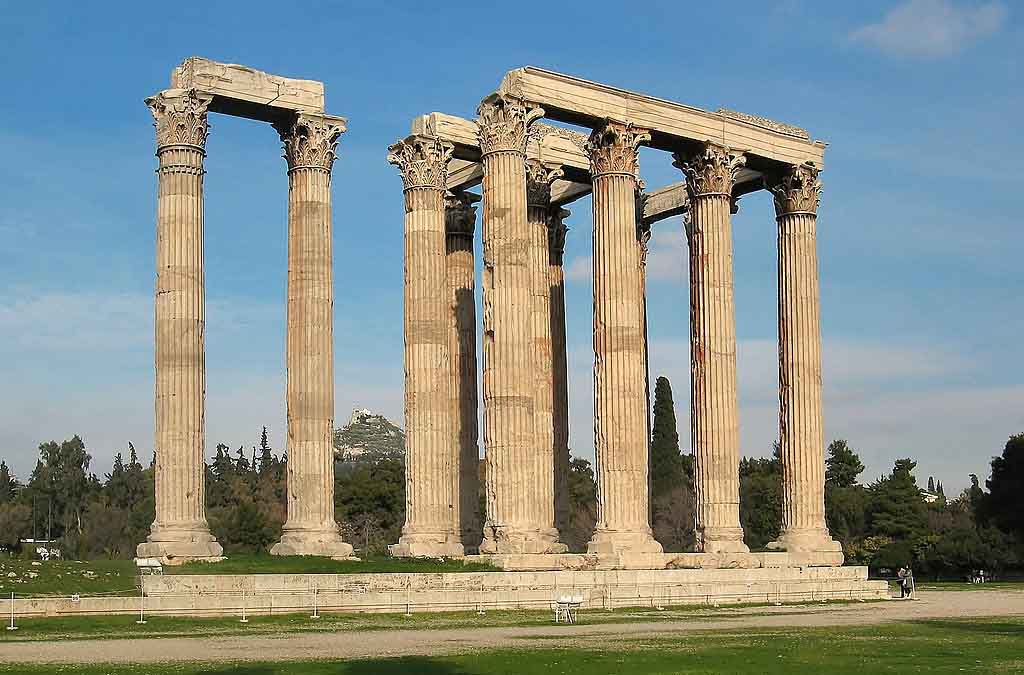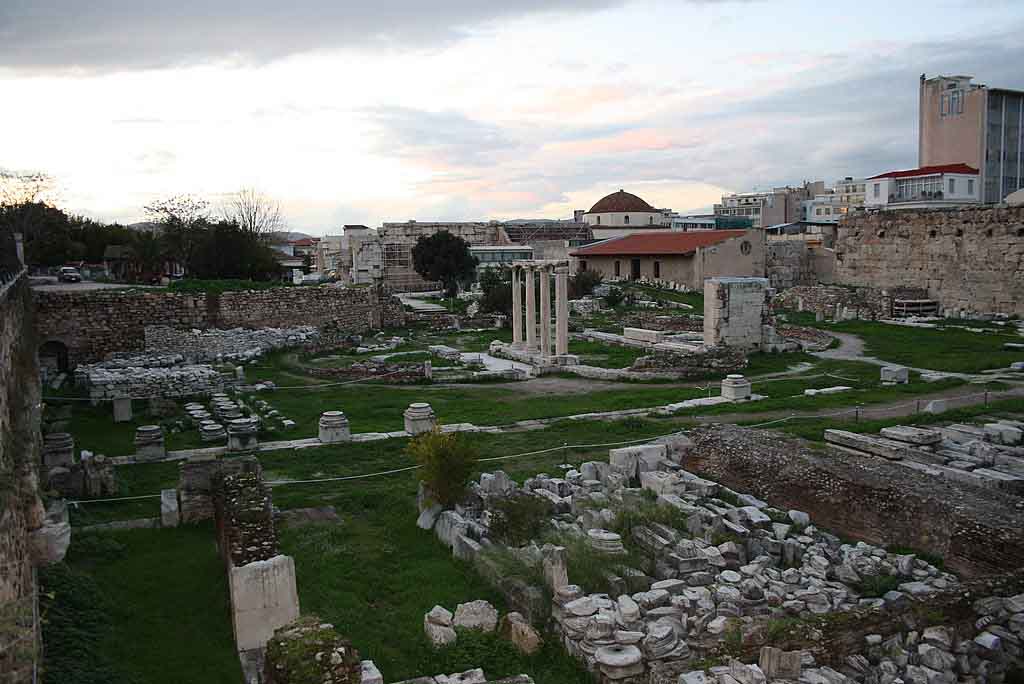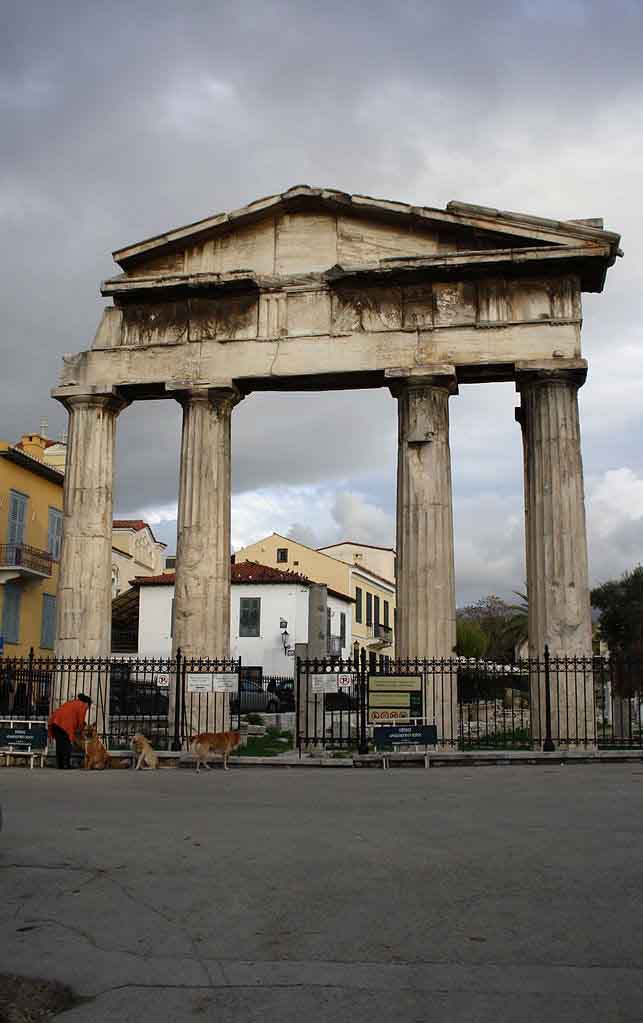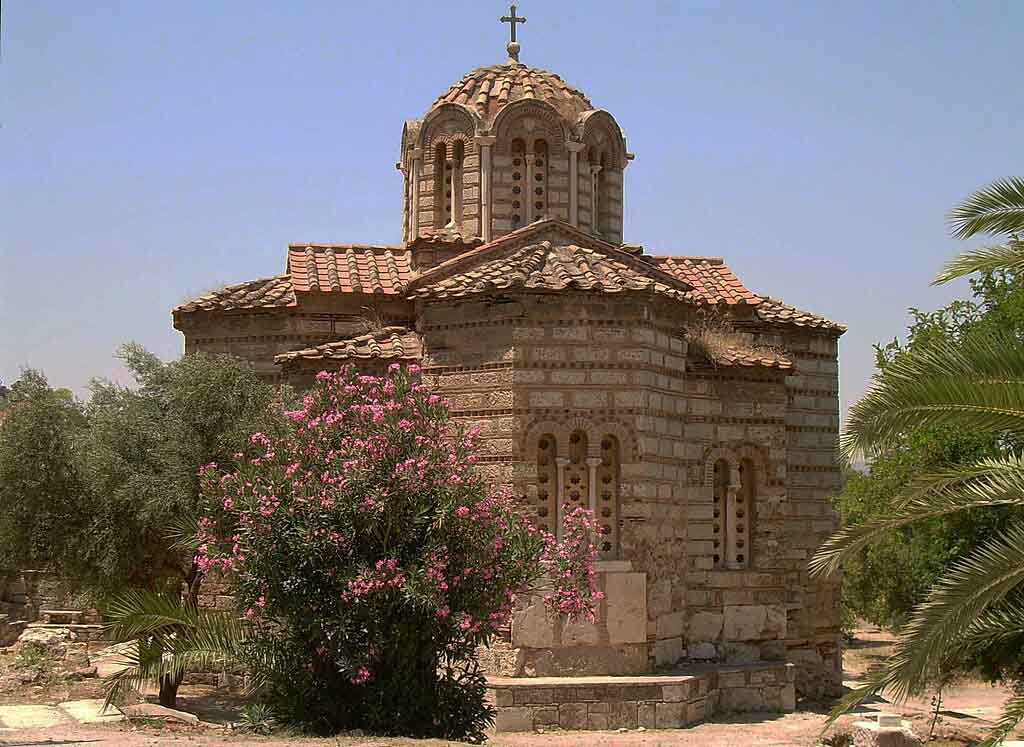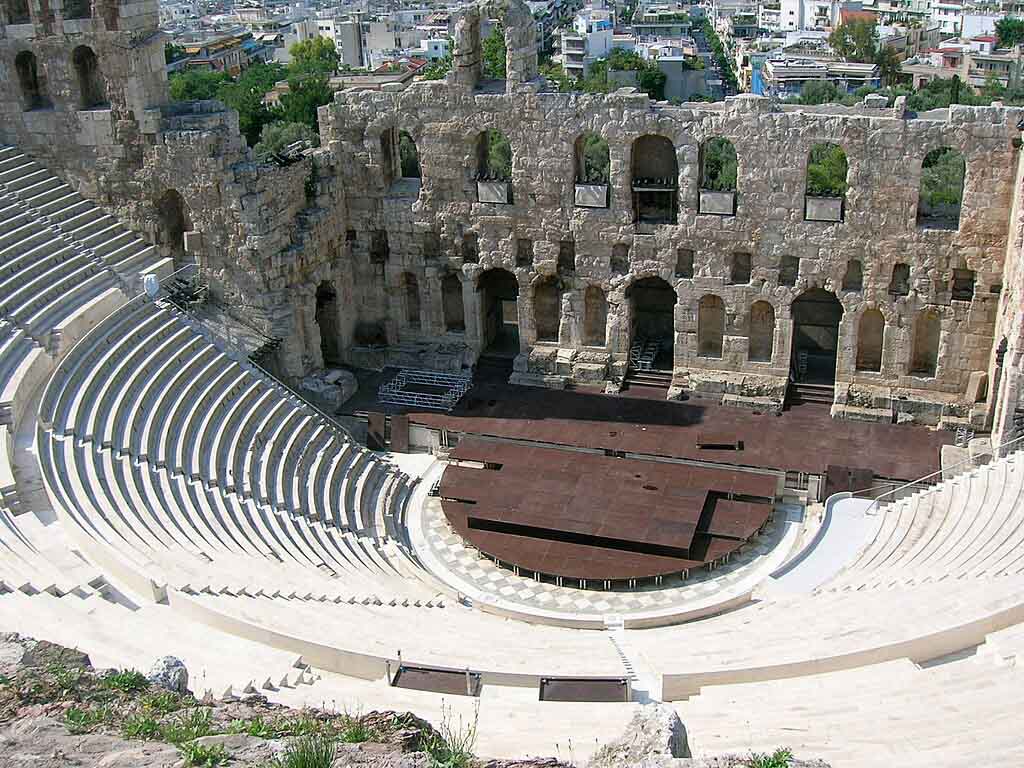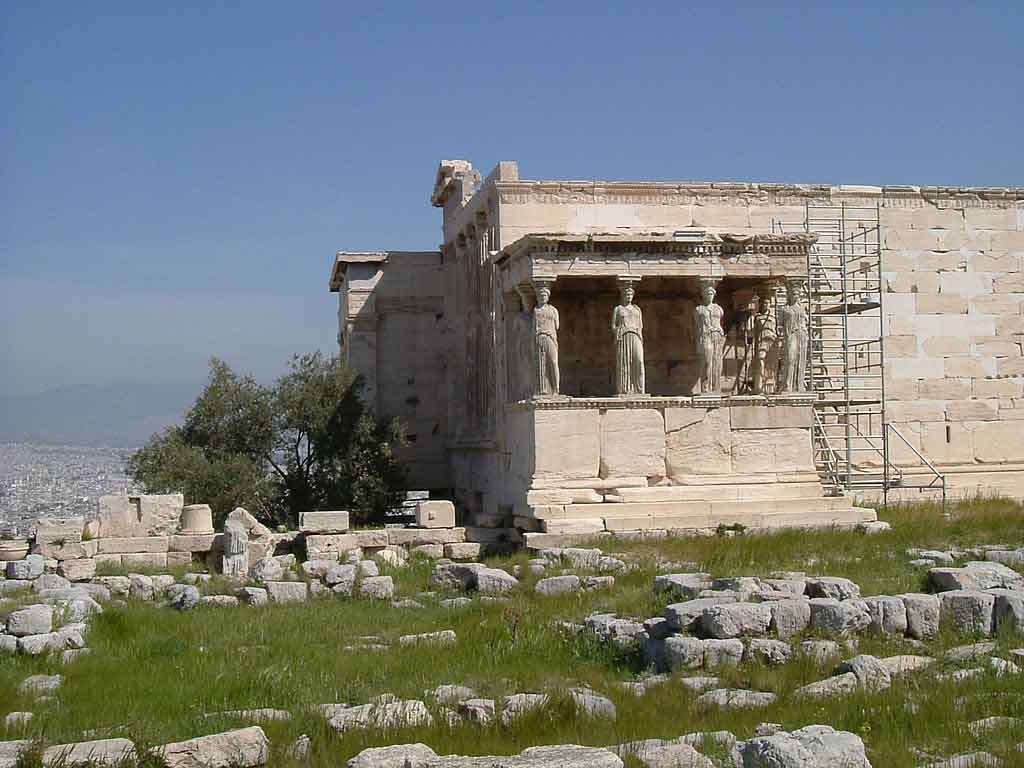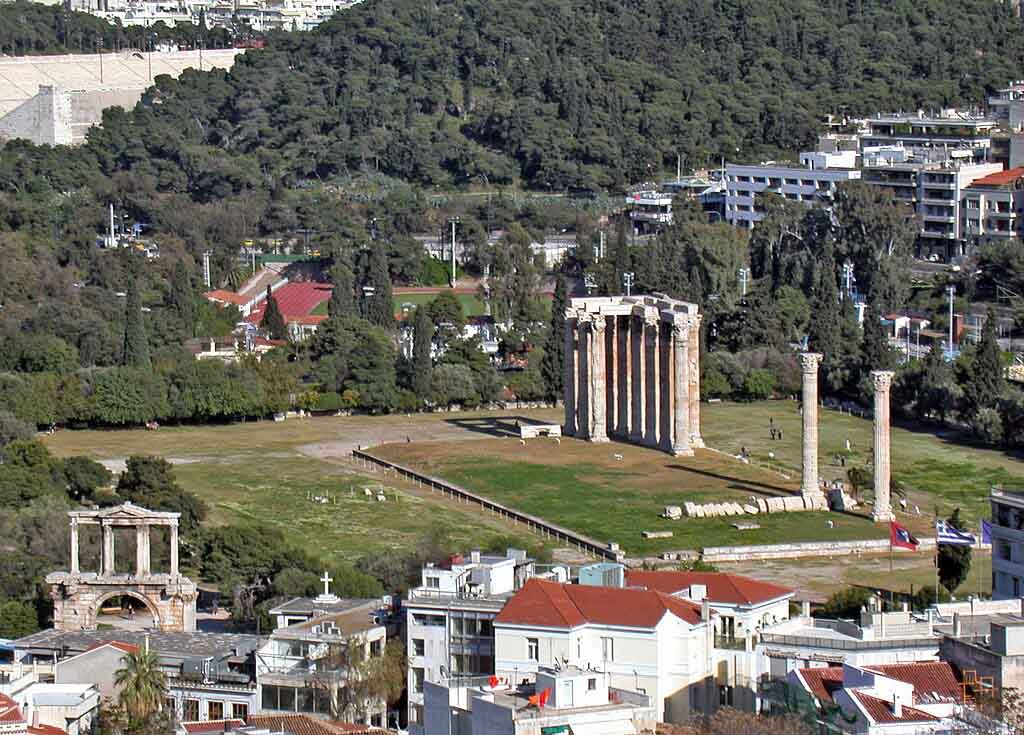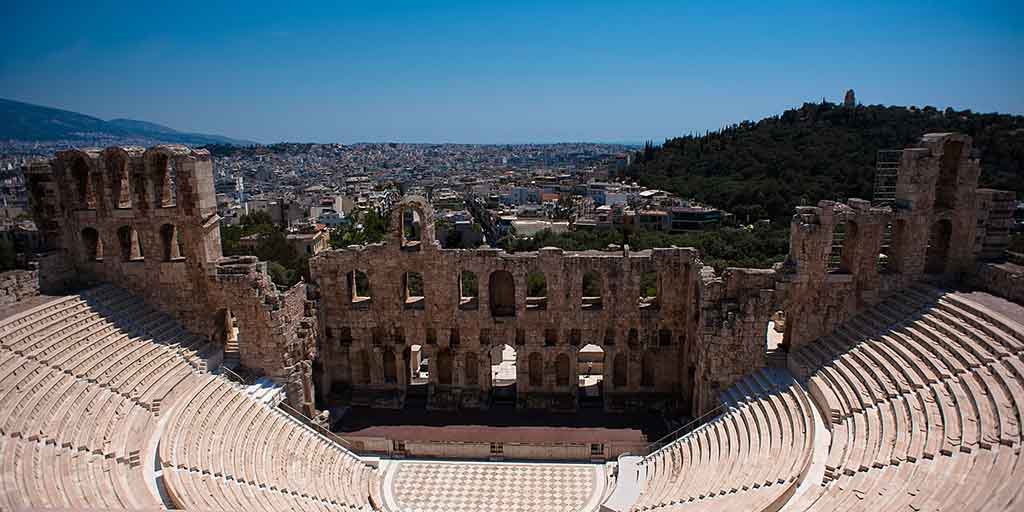Athens
Carousel of images for this Bible Exhibit
Listen to this Bible Exhibit
Athens was one of the most important cities in the ancient world, and it was known for its influence on philosophy, art, and politics. Located in the region of Attica, it became a powerful city-state that shaped Greek culture. By the fifth century BC, during its “Golden Age,” Athens was the center of learning, home to philosophers like Socrates, Plato, and Aristotle. The city boasted magnificent structures, including the Acropolis, the Parthenon, and the Areopagus, where legal and philosophical debates occurred. Though its power declined after wars with Sparta and later domination by Rome, Athens remained a respected center of education and culture, and has become known as the birthplace of western civilization.
The apostle Paul visited Athens on his second missionary journey, as recorded in Acts 17:15-34. He arrived after facing persecution in Berea and found himself in this city full of idols. The people of Athens were highly religious, with temples and altars dedicated to many gods, including one to “an unknown god.” This deeply disturbed Paul, so he used this opportunity to proclaim the one true God in the synagogue and the marketplace.
As Paul spoke about Jesus and the resurrection, he attracted the attention of Epicurean and Stoic philosophers. These groups had different views: Epicureans sought pleasure and avoided pain, believing the gods were distant, while Stoics emphasized self-discipline and reason, believing the divine was present in everything. Some called Paul a “babbler,” but others were curious and brought him to the Areopagus, where he was invited to explain his teachings.
Standing before the intellectual elite of Athens, Paul delivered a powerful sermon. He acknowledged their religious devotion but pointed to their altar to the “unknown god” as a sign that they were searching for truth. He declared that this unknown God was the one true Creator of all things, who did not live in temples made by human hands Acts 17:24-25. Paul explained that God had revealed Himself through Jesus Christ and called everyone to repentance, warning of a coming judgment through the risen Christ Acts 17:30-31. Some mocked Paul when he spoke of the resurrection, while others were intrigued and wanted to hear more. A few believed, including Dionysius, a member of the Areopagus, and a woman named Damaris Acts 17:34. However, unlike in cities such as Corinth and Ephesus, Paul did not establish a sizeable Christian community in Athens.
Athens reminds us of human wisdom and its limitations. The city represented the height of intellectual achievement, yet many of its people struggled to accept the truth of the gospel. Paul’s visit to Athens highlights the importance of engaging with culture while remaining faithful to God’s Word. His message calls all people to seek the one true God, who has made Himself known through Jesus Christ.



